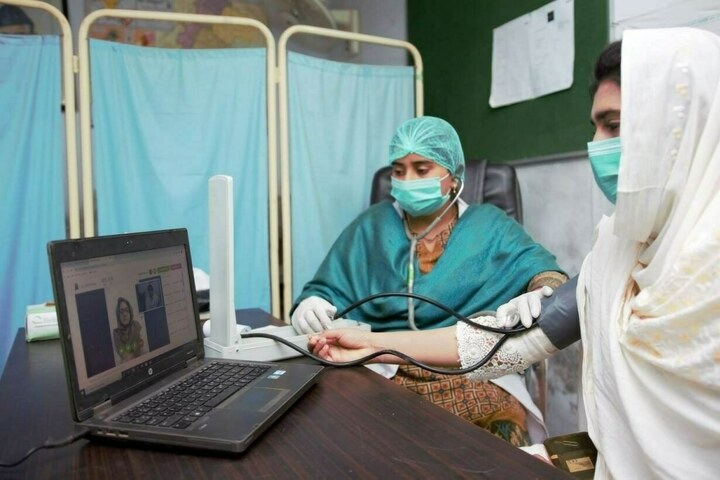Critical Shortage of Female Gastroenterologists in Pakistan Delays Women’s Diagnosis and Treatment
Pakistan is facing an alarming shortage of female gastroenterologists, significantly delaying diagnosis and treatment for women suffering from gastrointestinal diseases. This gender disparity in medical specialists is contributing to worsening health outcomes, particularly for female patients who prefer or require care from women healthcare providers due to cultural, religious, and personal reasons.
Gastroenterology, a vital medical specialty dealing with the digestive system, has seen growing demand in Pakistan due to rising cases of liver disease, irritable bowel syndrome (IBS), hepatitis, and gastrointestinal cancers. However, the number of female specialists in this field remains extremely low. As a result, many women are hesitant or unable to seek timely diagnosis, often suffering in silence until symptoms worsen.
Cultural norms in Pakistan further discourage women from consulting male doctors for sensitive issues related to the digestive and reproductive systems. For many, the presence of a female gastroenterologist isn’t just a preference it’s a necessity. Without accessible female professionals, critical conditions go undiagnosed, resulting in late-stage complications and increased healthcare costs.
The gender imbalance in the medical workforce is not unique to gastroenterology but is particularly concerning in this specialty due to the intimate nature of examinations and procedures. Women in rural areas are disproportionately affected, where access to any form of specialized healthcare is already limited.
Addressing this shortage requires targeted initiatives such as offering scholarships for women in gastroenterology, expanding residency slots, and creating supportive environments that encourage women to enter and remain in the specialty. Public awareness campaigns and government support can also play a pivotal role in closing this gender gap in healthcare access.
In conclusion, the lack of female gastroenterologists in Pakistan is not only a workforce issue but a major barrier to healthcare equity. To improve women’s digestive health outcomes, Pakistan must invest in training and retaining more female specialists in gastroenterology.



Comments (0)
No comments yet. Be the first to comment!
Leave a Comment